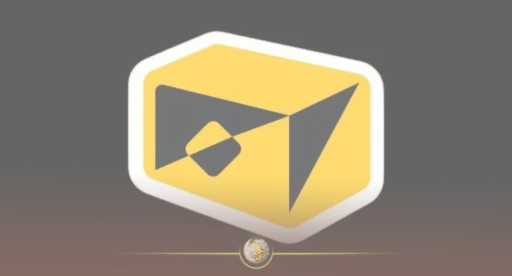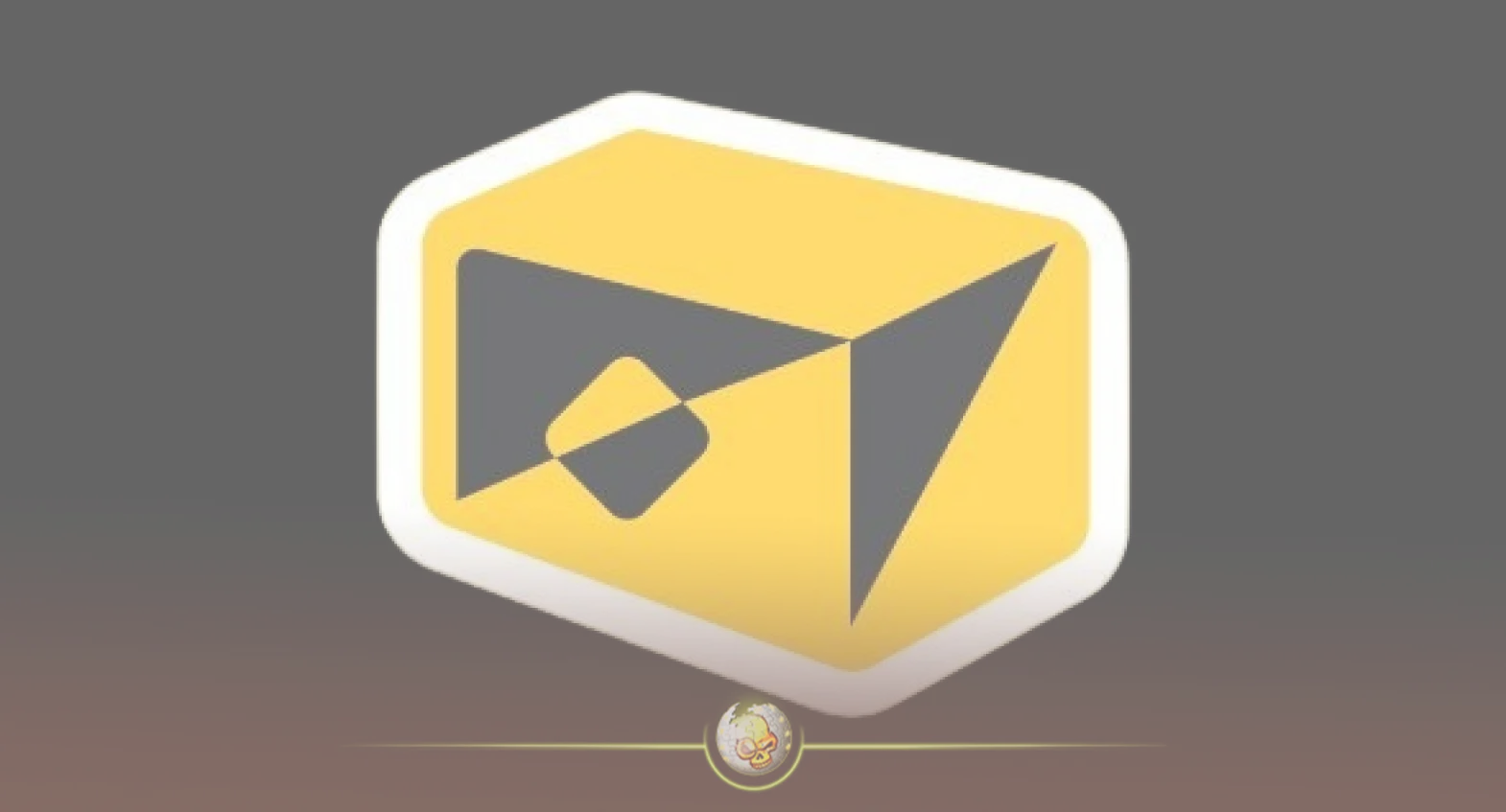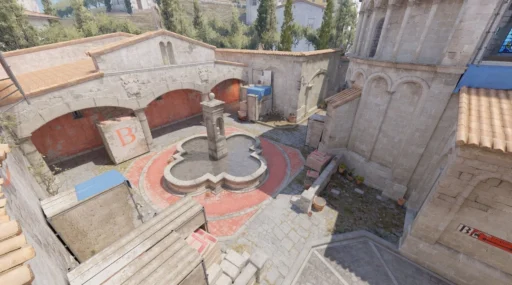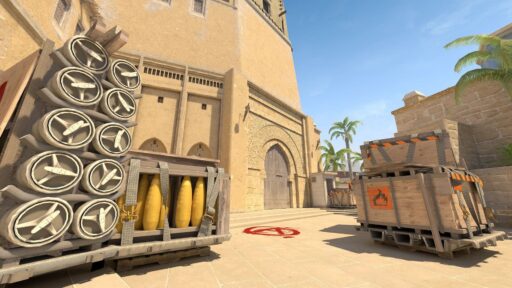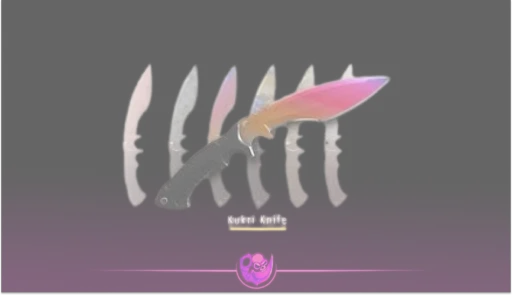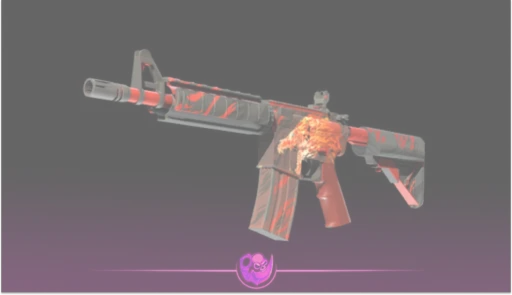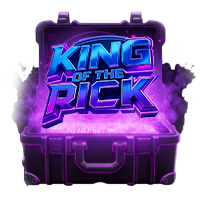Introduction: Why Your CS: GO Skin Management Strategy Matters
For every Counter-Strike player, virtual inventory isn’t just a collection—it’s a statement, an investment, and a pathway to trading, upgrading, and maximizing your in-game experience. Yet, as the skin economy evolves and CSGO Stash undergoes major changes, a new question arises: How can you reliably explore, track, and manage your CS: GO skins—safely and efficiently, no matter your expertise level?
What Is CS: GO Stash? Understanding the Platform and Its Role
C:S GO Stash has become the backbone for skin collectors and traders across Counter-Strike. Originally established as a third-party database, it catalogs every CS: GO and CS2 skin, case, sticker, and agent, making it the definitive reference for rarity, market prices, wear grades, and even preview images. Whether you’re new to skins or a seasoned trader, CS: GO Stash offers:
- Full database of every skin, case, and collectible
- Real-time price updates pulled from live marketplaces
- In-depth item previews, including exteriors (battle-scarred to factory new)
- Sorting/filtering by weapon, collection, rarity, price, and StatTrak™ options
CS: GO Stash has recently been acquired and now operates under stash.clash.gg, carrying forward the original functionality but adding new integrations and some controversy over its gambling affiliations.
Benefits of Using a CS: GO Stash–Powered Approach
When you leverage a CS: GO Stash database, you unlock a range of benefits designed for both newcomers and advanced traders:
- Reliable Pricing: Stay updated on Steam and third-party market values.
- Organized Inventory: Track your collection, monitor value changes, and optimize for trading.
- Trading & Customization: Discover rare items and assess the best opportunities for buying, selling, or upgrading skins.
- Detailed Insights: Filter skins by rarity, wear, or collection—never miss a valuable find.
- Audited Security: Trusted platforms guard your Steam credentials and remain transparent about API integrations.
If you’re itching to check prices or evaluate trade value, integrated tools like the CS2 Weapons Stats – All Weapons Comparison and CS2 Float Rating Explained offer valuable insights directly from your tracking dashboard.
How CS: GO Stash Works: Step-by-Step Configuration & Navigation
Managing your skin shouldn’t be daunting. Here’s how to fully utilize CS: GO Stash or its alternatives:
- Access the Platform:
Go to stash.clash.gg (or CSGOSKINS.GG for a neutral UI with similar features). - Browse or Search:
Use search to pinpoint specific weapons, cases, or stickers. Navigation lets you filter by collection, rarity, or even price. - Preview & Compare:
Every skin page features detailed images, wear grades, and real-time price data. Filter and sort by StatTrak™, souvenir, or limited-edition status. - Inventory Management:
Some platforms let you log in via Steam, syncing your actual inventory for direct management and value tracking. - Trading or Selling:
Trade or sell items either via the Steam marketplace or trusted portal integrations. Always use secure trade links and double-check item values before confirming transactions.
For a deeper dive into secure trading, visit How to Check Someone’s Steam Trade History – Easy Guide.
Core Features: What Sets CS: GO Stash Apart?
A strong stash site covers more than just listings. Here are the core features to look for:
- Real-Time Price Tracking:
Up-to-date listings from Steam and partner markets ensure you never get underpaid. - StatTrak™ & Skin Grades:
Spot rare drops and track ownership stats with ease. - Flexible Currency Settings:
View market values in your preferred currency—ideal for global collectors. - Deals & Market Insights:
Advanced platforms provide notifications for skin deals, helping you spot undervalued items for investment. - Community-Driven Updates:
Frequent database refreshes reflect the latest CS2 releases and skin trends.
Expand your expertise with guides like CS2 Cheat Commands – Learn how to use them and CS2 Pro Settings: The Ultimate 2025 Guide.
EEAT & Security: Why Trust Matters in Skin Trading
With skins often worth real money, trust is everything. Top platforms convey Expertise, Authoritativeness, and Trustworthiness through:
- Transparent, Updated Listings:
Verified price data and complete catalog coverage. - User Security:
Encrypted logins and trade confirmations protect inventories from fraud. - Clear Affiliations:
Disclosed sponsorships, especially where gambling or real currency trades are involved. - Active Community Support:
Responsive forums, FAQs, and user feedback channels.
For common troubleshooting, see CS2 Cheating Problem Explained!.
Common Questions About CS: GO Stash—Answered
Is “CS: GO Stash” safe to use?
Yes—when accessed through trusted platforms with clear ownership, secure logins, and community presence. Always use strong Steam privacy settings and enable two-factor authentication.
What alternatives exist if I don’t want to integrate with gambling sites?
CSGOSKINS.GG offers an ad-light, database-centric experience. You can also browse CS2 System Requirements – Min & Recommended Specs to ensure your hardware supports advanced skin previews.
How do I keep my skin value up to date?
Sync your inventory and monitor value using tools linked within the database, such as marketplace APIs and real-time tracking widgets.
Internal Resources for Further Exploration
- How to Get CS2 Cases – 4 Simple Ways!
- Most Expensive CS2/CSGO Skins – $2M+ Value
- CS2 Config Guide
- CS2 Trade Up Calculator: The Ultimate DaddySkins Guide
- List of All CS2(CSGO) Binds
Conclusion
Navigating the Counter-Strike market has never been more crucial—or more complex. With CS:GO Stash (and its top alternatives), you get the data, tools, and community trust needed to master every aspect of your skin journey. Focus on security, stay up-to-date on prices and rarities, and leverage modern inventory automation to get the edge, whether you’re flexing your rarest AK-47 or planning your next trade-up. Let your stash work for you and transform the way you experience CS2 and CSGO, one skin at a time.

